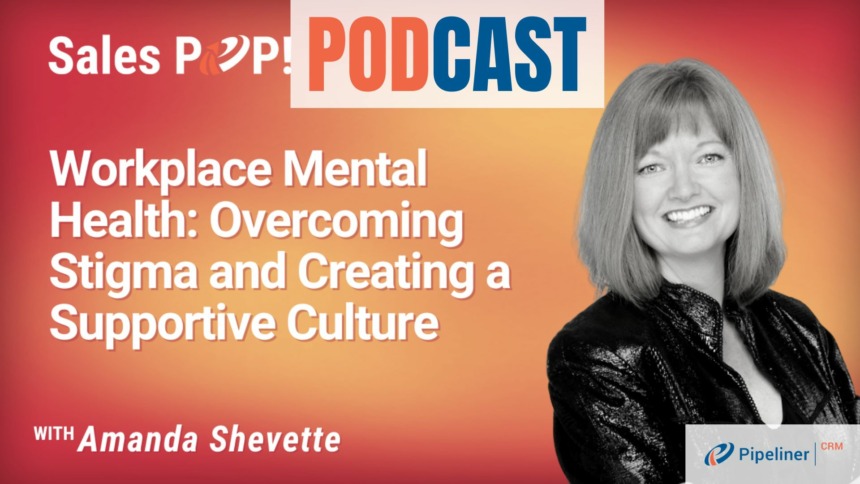Occupational mental illness is rising. Mental illness is stigmatized despite awareness. Stigmatizing mental health. This makes getting and giving help difficult.
Open Psychiatry
Amanda and the speaker discuss workplace mental health openness. Share staff stories. Coworkers and sufferers avoid addressing mental health. Misunderstanding mental illness. Speech should be empathic and supportive.
Mindfulness
Universal mental health. Everyone should prioritize mental wellness. One narrative raises mental health awareness and treatment. Despite referring others, the person was humiliated to seek counseling.
Warnings
Burnout is career-related stress. Burnout produces indifference, fear, and job unhappiness. Ignoring these indicators can worsen mental illness.
Teamwork
Generational views on mental illness affect workplace mental health. Leaders and HR professionals must normalize mental illness like physical illness. Psychosocial workplace laws demand annual mental health checks. “Before stage four” emphasizes early mental health treatment.
Mental Health Stigma
The speaker examines positive responses after overcoming shame. Praise and bravery are appreciated. They think normalizing hard things reduces shame. Notwithstanding their misgivings, clients and their children like them. Leading purpose, owned by the speaker, empowers employees and boosts revenue.
Diversity, Equality, Inclusion (DEI)
Speaker recalls DEI committee mental health debate. After the debate, DEI—which values differences and promotes connection and belonging for all, including mental health patients—was more recognized. The speaker thinks DEI should cover mental health because diversity includes it. DEI discussions around mental health may make workplaces more inclusive and helpful.
Visit us on Apple Podcast You can also find SalesPOP! on all major podcast stations.




Comments